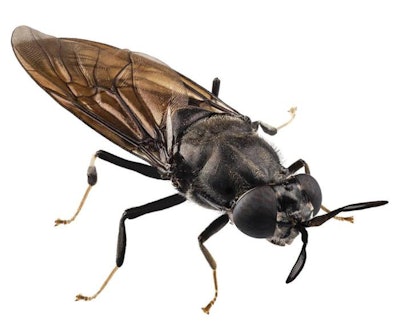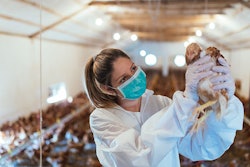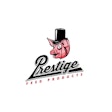
AgriProtein has raised an additional $105 million in funding, marking a new high in investor appetite for the insect protein sector.
The record raise by AgriProtein Holdings UK, together with additional local project finance for a series of factory builds in Africa, the Middle East and Asia, puts AgriProtein on track to deliver its ambitious factory roll-out plans.
Jason Drew, AgriProtein co-founder and CEO, said: “This is a significant vote of confidence in a growth industry producing a sustainable protein for use in animal diets. It reaffirms our position as the leading up-cycler of waste-to-protein and brings us the financial resources for further global expansion.”
The company is building a global business through its circular economy strategy: up-cycling organic waste to tackle the food security and waste disposal challenges posed by the world’s burgeoning population, while helping conserve wild fish stocks in threatened oceans.
AgriProtein uses black soldier flies and their larvae to convert organic food waste into a high-protein alternative to fishmeal suitable for fish, poultry, pigs and pet food.
“We need to see waste differently – as a resource – particularly food waste,” Drew said. “A growing population, scarce water and land resources, and declining natural fish stocks make this more critical than ever.”
AgriProtein has fly farm projects under development around the world to produce its flagship product MagMeal.
The company has expanded its research and development capability, hiring new staff and building chemistry and genetics labs. It has also hired senior staff from engineering and waste management backgrounds to increase its project roll-out capacity.
The company is focusing initially on the aquafeed market, where demand is increasing year on year to satisfy growing consumer appetites for farmed fish.
Worth more than $114 billion in 2017, aquafeed is predicted to grow by a factor of 2.5 in just eight years to nearly $290 billion in 2026.
“There is simply not enough marine material left in the oceans to meet fishmeal demand in aquafeed, let alone in feed for poultry, pigs and pets,” Drew said. “Along with algae and bacteria, new, disruptive sources of protein like our own are needed to close the feed gap and, in the process, help repair the future of the planet.”

















